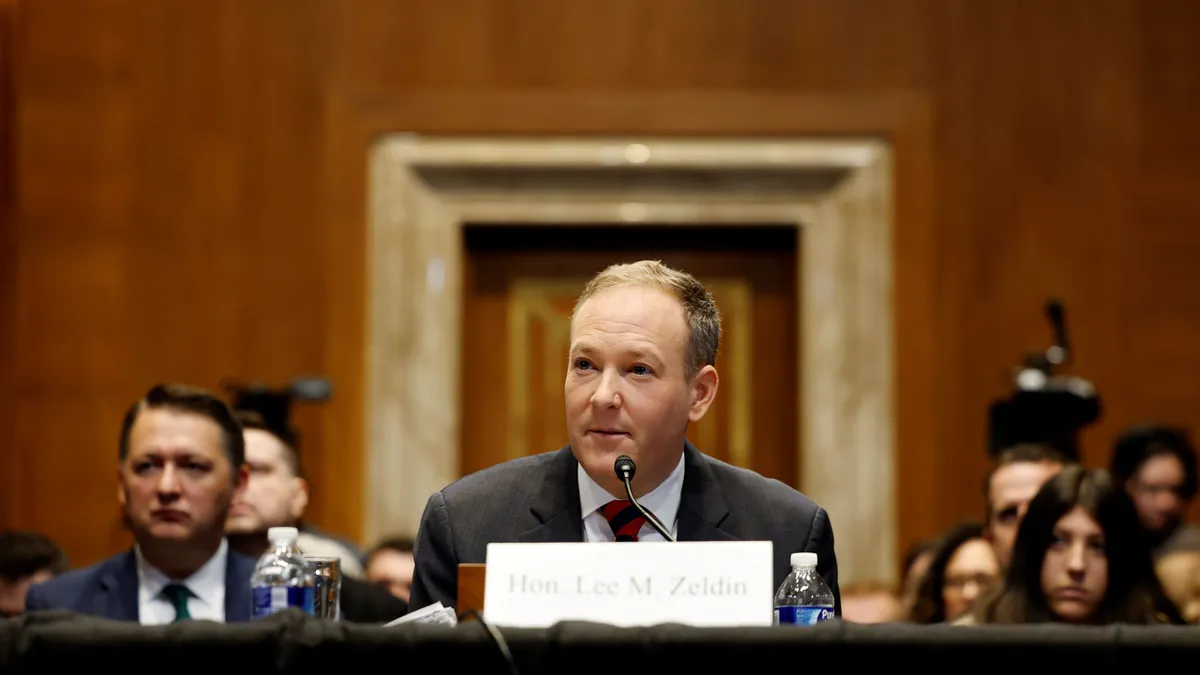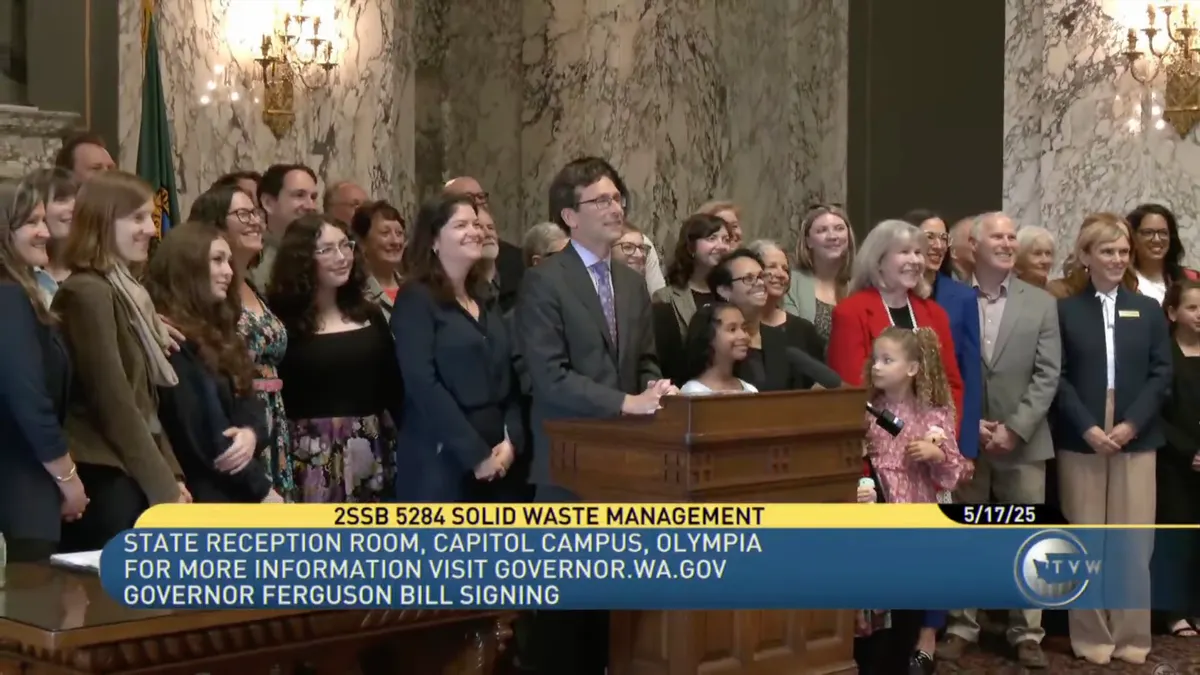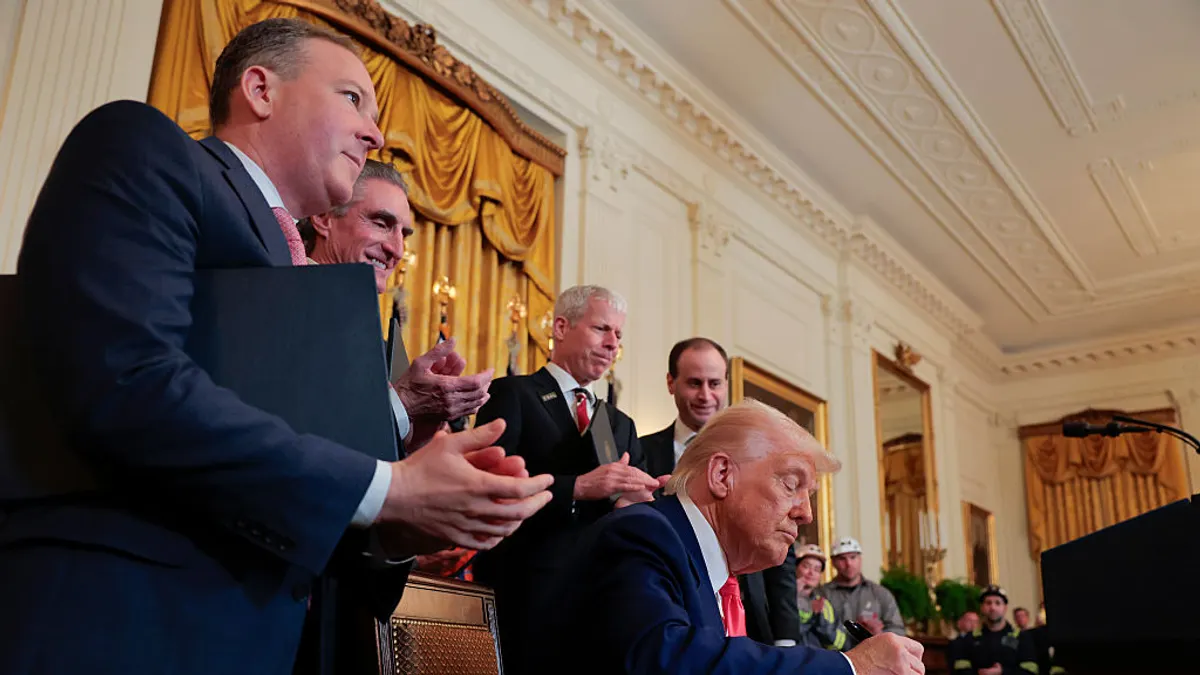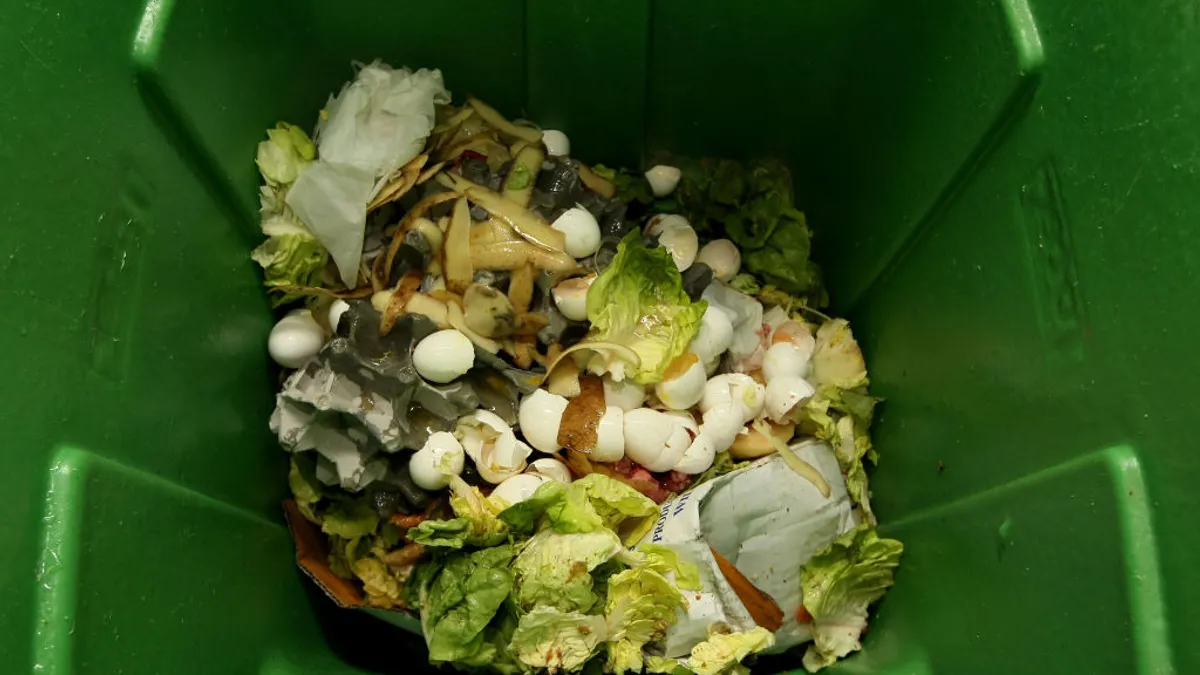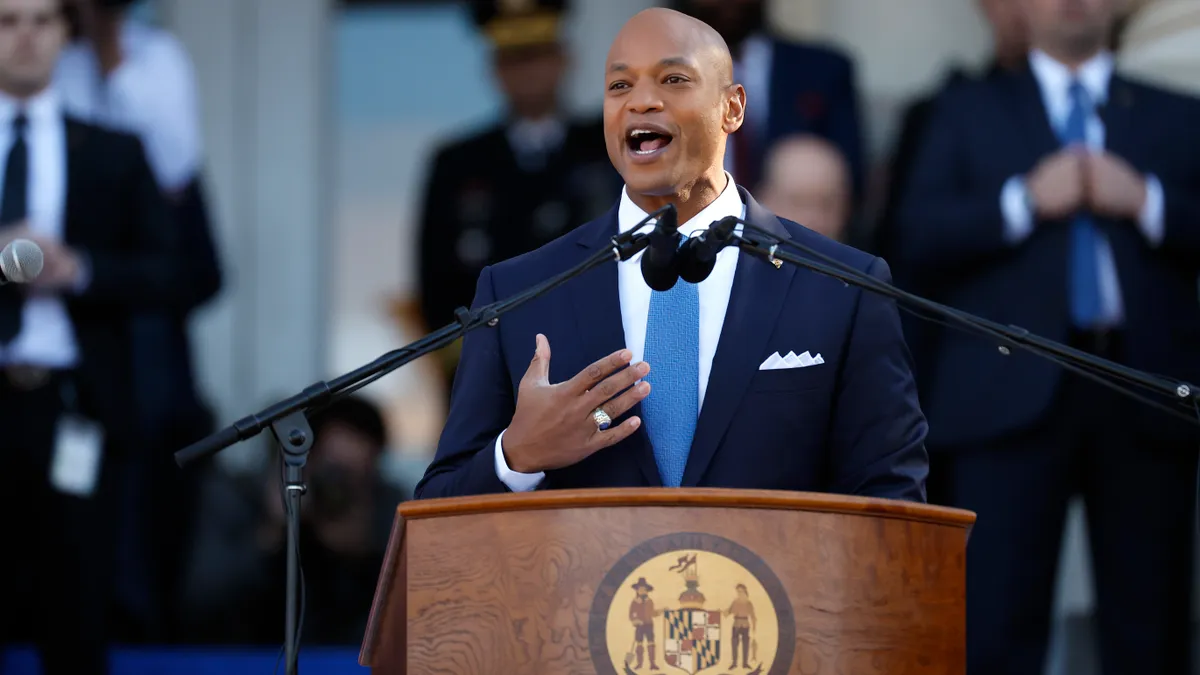UPDATE: Jan. 23, 2025: The Senate Environment and Public Works Committee voted 11-8 on Thursday to recommend Lee Zeldin to the full Senate for confirmation as U.S. EPA administrator.
Chairman Shelley Moore Capito, R-W.Va., applauded Zeldin for showing “he understands the importance of striking the right balance to improve the lives of Americans across the country, to protect the environment while also uplifting communities and cities across the nation.”
She said Zeldin is the right candidate to help the environment as well as the economy, noting that the country has long felt the “negative impacts of EPA regulatory overreach [over the] years, devastating portions of our state's economy and putting my constituents out of work.”
Yet Ranking Member Sheldon Whitehouse, D-R.I., criticized Zeldin for his connections to oil and gas company donors, which he said would disincentivize necessary investments in renewable energy, lead to further pollution and jeopardize critical climate change protections.
“I do not see Mr. Zeldin having the independence to lead the agency in a manner that will protect us against these looming dangers. He doesn't even seem to see that they exist,” he said.
Zeldin’s nomination now moves to the full Senate for a vote.
Jan. 17: U.S. EPA Administrator nominee Lee Zeldin acknowledged industry concerns about how recent PFAS regulations could impact business operations during his first confirmation hearing this week.
Zeldin, President-elect Donald Trump’s pick for the top EPA role, appeared before the Senate Environment and Public Works Committee on Thursday. He noted that pollution from per- and polyfluoroalkyl substances was a threat to the environment and said he would work within the EPA’s authority to help those affected by such pollution.
Zeldin was a member of the U.S. House of Representatives from 2013 to 2023, and the Republican nominee for governor of New York in 2022. During his time in office, he voted in favor of several bills related to regulating PFAS.
During the three-hour hearing, Zeldin fielded questions about ongoing pollution in U.S. waterways, including from plastic, as well as how he would handle overall agency spending, including from previous Inflation Reduction Act funding.
If confirmed, Zeldin said he would work with longtime EPA staff and with Republicans and Democrats to quickly get up to speed on numerous pressing environmental and health issues, especially as they impact the U.S. economy. He underscored his belief in the “rule of law” and said he would prioritize compliance.
“The EPA must also be better stewards of tax dollars, honor cooperative federalism and be transparent and accountable to Congress and the public,” Zeldin said in his opening statement.
He added that many Americans voted for Trump due to concerns about economic mobility and stretched family budgets.
“We can, and we must, protect our precious environment without suffocating the economy,” he said. “A big part of this will require building private sector collaboration to promote common sense, smart regulation that will allow American innovation to continue to lead the world.”
The balance of regulation and business impacts came up again during a discussion of the EPA’s designation of certain PFAS as hazardous substances under the Comprehensive Environmental Response, Compensation and Liability Act, known as CERCLA or Superfund. Sen. Cynthia Lummis, R-Wyo., questioned Zeldin about the issue during the hearing.
The waste industry has long said the hazardous substance designation could lead to liability issues and high cleanup costs for receiving or handling PFAS-containing items. Lummis previously introduced a package of bills meant to exempt industries that consider themselves “passive receivers,” meaning they do not generate PFAS or have control over PFAS-laden materials that enter their facilities.
Zeldin said lawmakers from both parties have approached him about the issue. “It's something that is a big issue to you, and it will therefore be a big issue for me,” he said.
“That passive receiver issue is something where it could get passed down to the consumer, where they end up paying for the cleanup costs in a way that we need to be cognizant of at the EPA,” he said.
The question of how Zeldin might handle plastic pollution initiatives also came up during the hearing.
Sen. Jeff Merkley, D-Ore., asked about Zeldin’s opinion on chemical recycling, also known as advanced recycling. Merkley, a longtime critic of chemical recycling, has previously introduced bills meant to pause permitting for such technologies to further research possible environmental impacts.
Zeldin said he was aware of the term, but did not offer an opinion of the technologies or their impact on plastic pollution, saying he was still in the process of “researching and reading all that's being provided on all sides of this issue.”
On broader pollution issues, Zeldin credited his constituents for pushing him to get more involved during his time in the House. He joined the bipartisan Climate Solutions caucus in 2016.
Zeldin also highlighted the bipartisan success of Save Our Seas 2.0, a bill signed into law in 2020 during the previous Trump administration, as a “model to be followed of bipartisanship.” The law provided funding and other initiatives for removing and preventing plastic pollution in the environment, especially waterways. Zeldin added that he advocated for clean waterways around his district when he served in the House.
Yet some senators remained skeptical of Zeldin’s commitment to environmental issues. In his opening remarks, ranking member Sen. Sheldon Whitehouse, D-R.I., highlighted that Trump has called climate change a hoax and called on Zeldin to lead the EPA away from that thinking.
“Will he follow the science and the economics and protect our air, water and climate? Or will he merely be a rubber stamp for looters and polluters who are setting the Trump agenda?” he said.
During the hearing, Merkley noted that Zeldin has received numerous political donations from the oil and gas industry and asked whether that would influence his decision-making at the EPA.
“There's no donation that anyone has ever provided me at any point, of any amount, that is going to influence any decision that I make in this position, or beyond,” Zeldin replied.
Environmental groups have also criticized Zeldin’s previous voting record on environmental issues. The League of Conservation Voters said he voted in favor of key environmental bills 14% of the time.
Yet Sen. John Barrasso, R-Wyo., said in his opening statement that Zeldin is a responsible choice for EPA administrator. He noted Zeldin’s military service – he is a lieutenant colonel in the U.S. Army Reserve– and said he has a track record of partnering with states over “out of touch regulators.”
“His experience shows that he knows how to balance multiple priorities. He understands that we must be good stewards of the environment without crippling the economy,” he said.
In a letter, the Recycled Materials Association offered support for Zeldin’s nomination, saying he has a “deep understanding of both environmental challenges and industry realities" and would support “collaboration rather than broad regulatory overreach.” The American Chemistry Council also submitted a letter of support.
Also at issue during the hearing was how Zeldin might handle overall EPA spending, specifically previously allocated grant funding from the Inflation Reduction Act.
The incoming Trump administration had previously discussed potentially rescinding unspent funds from the IRA, which in recent years has funded energy and climate initiatives related to biogas projects, packaging manufacturing facilities, environmental justice initiatives and more.
Sen. Pete Ricketts, R-Neb., called for more EPA oversight into spending from the IRA, while Sen. Ed Markey, D-Mass., called for the EPA to preserve previously awarded grant funding.
Zeldin replied that he could not “pre-judge outcomes” or speak on specific matters related to IRA funding, but said he would look into the issue and “make sure that we are pursuing common sense, pragmatic solutions that make sense to you, that you can defend when going back to the constituents.”



